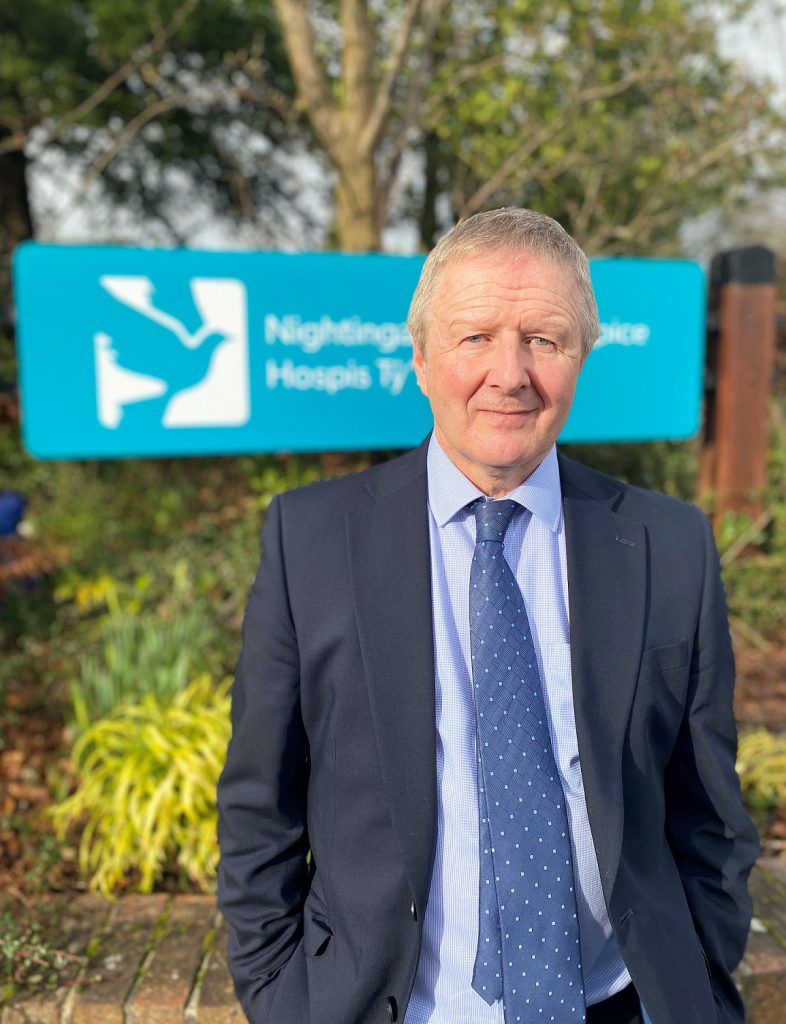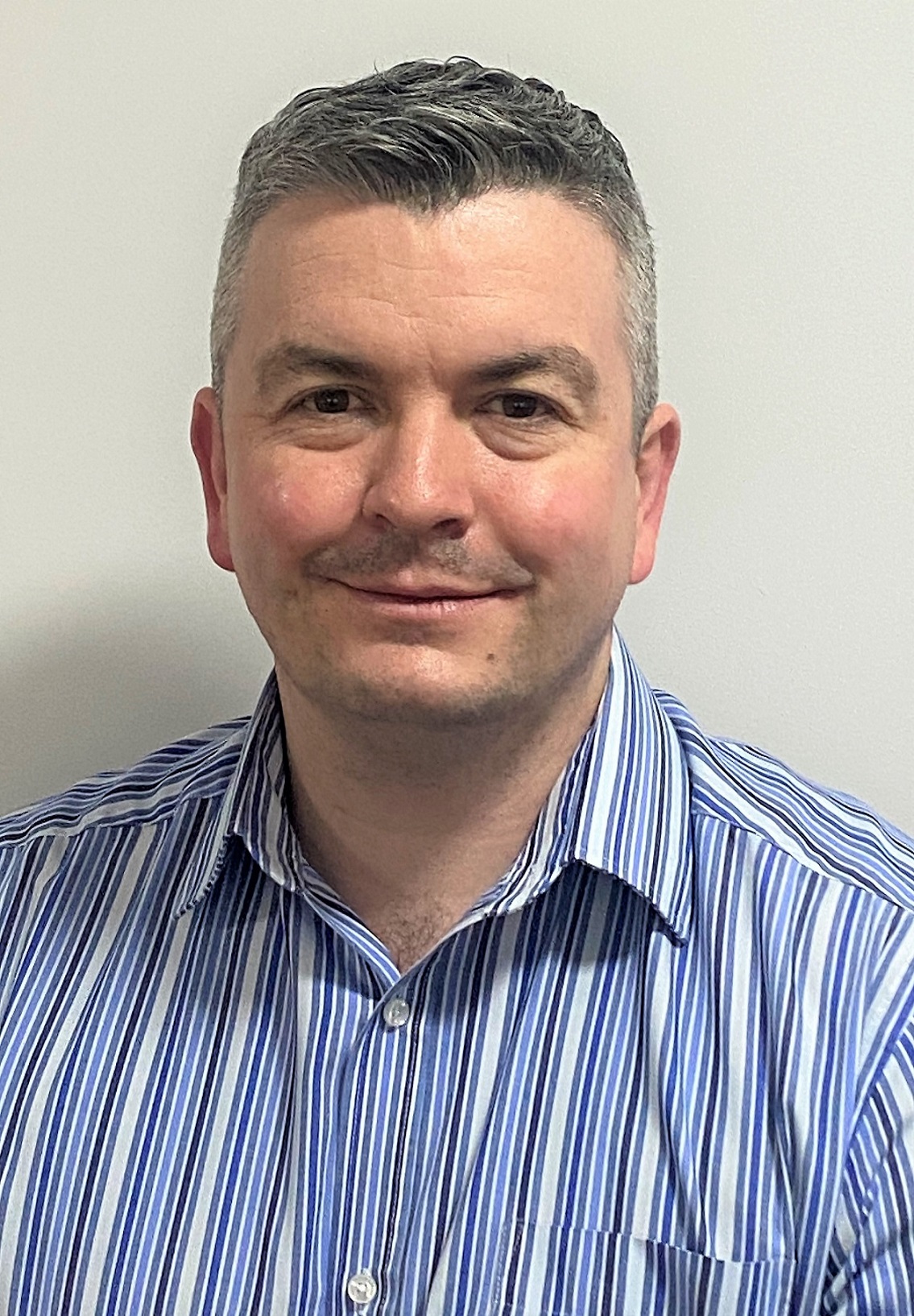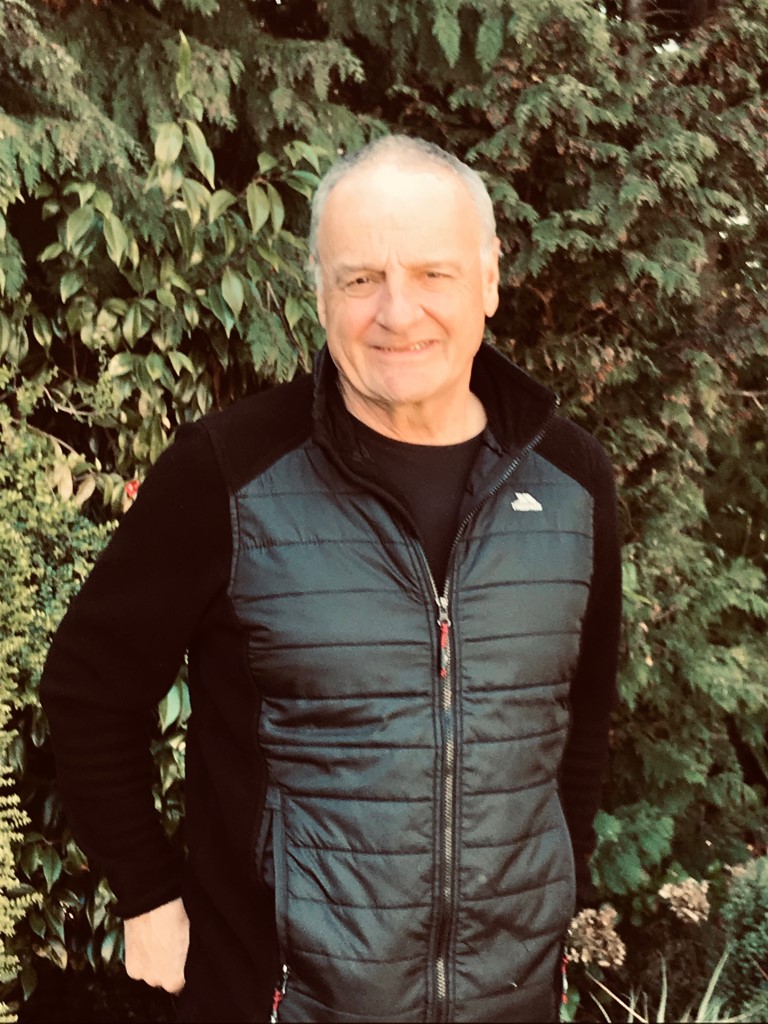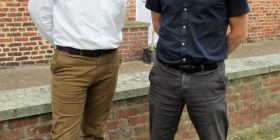North Wales hospices demand equal funding after receiving 50% less than South Wales counterparts

HOSPICES in North Wales continue to receive less than half of the funding awarded to counterparts in the south of the country.
St David’s Hospice in Llandudno, St Kentigern Hospice, St Asaph, and Wrexham-based Nightingale House Hospice are only given 16% towards the cost of running their services every year.
That leaves them to secure the other 84% – which equates to millions of pounds – through public donations and fundraising.
In comparison, hospices in South Wales collect between 30-40% annually from their relevant health boards, as do those in England.
The three North Wales hospices have requested a contribution of 30% towards their clinical costs to ensure they can continue to operate.
Given that a hospice bed costs £600 a night – saving Betsi Cadwaladr University Health Board (BCUHB) £2million annually – they are determined to see action taken.
St David’s Hospice Chief Executive Trystan Pritchard says hospices in North Wales have been “chronically underfunded” for too long, and with hospitals no longer offering respite care or dedicated specialist palliative care beds the pressure is solely on hospices to provide these services.
“We have been trying to enter into discussions with BCUHB for years, but nothing has ever been done, nothing has changed, and the issue has not been resolved,” said Mr Pritchard.

“We don’t want more than anyone else and are not asking for special treatment, we just want a level playing field for hospices in this region – that should not be too much to ask.
“Our standards of care are as good as anywhere else in the UK; we provide a first-class service and the patients and families in North Wales deserve better.
“Given that a hospice bed costs £600 a night, and just £100 of that is paid for by the health board, a 30% contribution is a fair compromise.”
He added: “We are constantly told that we are an essential service and part of the NHS family, but the reality is that we are always the poor relation.”
The hospices’ campaign for equal funding follows a drive last summer to access emergency cash following the onset of the COVID-19 pandemic and a subsequent decline in revenue, as charity shops were forced to close and fundraising events were cancelled.
Each site had to come up with new and unique ways to bring in money – in the case of St David’s Hospice, the now famous Great Orme Goats Abbey Road appeal helped generate more than £100,000 – but these were short-term, unsustainable solutions.
Steve Parry, Chief Executive of Nightingale House, believes there has been a long overdue need for consistency of statutory funding across the hospice sector in Wales.
“Statutory funding provides the financial base hospices need to develop and sustain patient services for the community they serve,” he said.

“The financial pressure brought on by the Covid pandemic has further exposed the increasing need for an equitable funding base. The Health Board cannot keep ignoring this issue, it is not going to go away.”
Iain Mitchell, Chief Executive of St Kentigern Hospice, added: “We must not – and should not have to – keep relying on the goodwill of our amazing communities to ensure our survival.
“We take complex patients from NHS hospitals and save patients having to go into hospital in the first place. We care for them in our hospices, but the Health Board are not funding a fair share of this significant cost despite there being very clear benefits in terms of patient care and clear savings.
“St Kentigern, St David’s and Nightingale House hospices alone employ more than 300 staff, contribute to the economy and work hand in hand with partners across Wales and beyond to deliver end-of-life care.
“All we ask is that uniformity is applied to all hospices in Wales, at a time when we need it most.”






